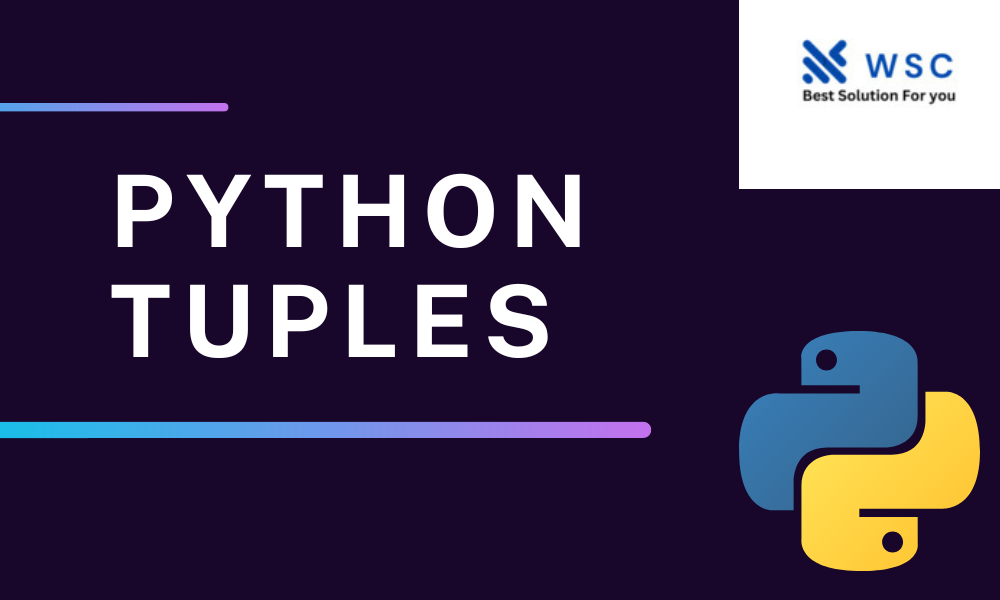Introduction:
In the dynamic realm of Python programming, where data handling is a crucial aspect, tuples emerge as powerful and efficient data structures. These ordered collections, akin to lists but with a twist, offer immutability and a wide range of applications. In this article, we will delve into the world of Python tuples, exploring their synonyms, practical implementations, and the manifold benefits they bring to the table.
Understanding Python Tuples:
Tuples, quite similar to arrays and lists, are unchangeable sequences of elements. But what other synonyms can we employ to grasp their essence? Tuple equivalents include arrays, sequences, and ordered lists. These immutable containers not only ensure data integrity but also contribute to optimizing program performance, making them a fascinating component of Python’s arsenal.
Creating and Accessing Tuples:
Creating a tuple is a straightforward process – simply enclose your elements within parentheses or employ the built-in tuple() function. Accessing tuple elements involves index referencing, much like lists. However, what sets tuples apart is their immutability, which guarantees data consistency during processing, rendering them ideal for scenarios where integrity is paramount.
Practice Code:
Imagine tracking geographical coordinates. Tuples offer an elegant solution:
coordinates = (latitude, longitude)
Leveraging Tuples’ Immutability:
Tuples excel when data should remain unchanged, like representing dates:
important_dates = ((2023, 8, 29), (2023, 9, 15))
Unpacking Tuples:
enable simultaneous assignment, making it easy to unpack data:
name, age, profession = ("Alica", 30, "civilEngineer")
Tuples vs. Lists:
When speed and immutability matter, tuples shine. Contrastingly, lists offer flexibility. Select the right tool for your task.
Enhancing Efficiency with Tuples:
By embracing Python tuples, developers streamline code, ensuring data integrity while boosting performance.
Conclusion:
Python tuples, synonymous with data efficiency, unveil a universe of possibilities. Their immutability, practical applications, and performance enhancements showcase why they’re an indispensable asset in a programmer’s toolkit. Incorporate tuples to write more robust, efficient, and reliable Python code.
Check our tools website Word count
Check our tools website check More tutorial




